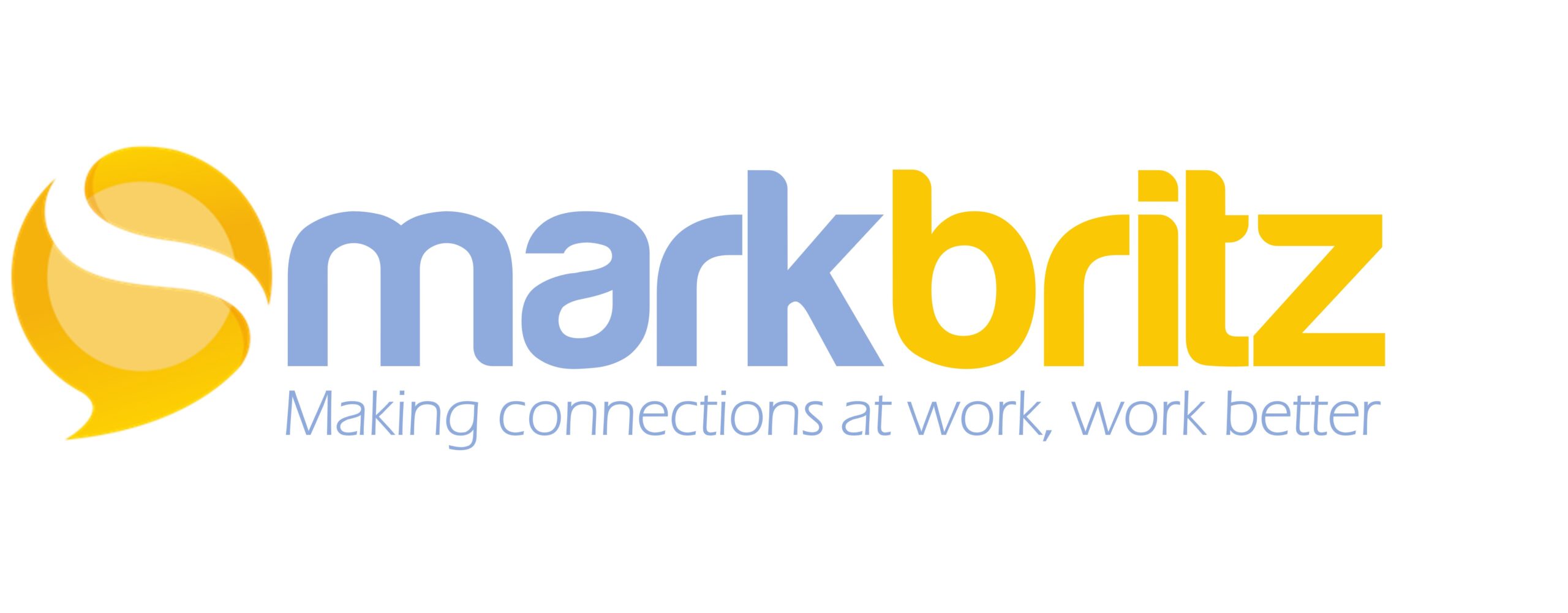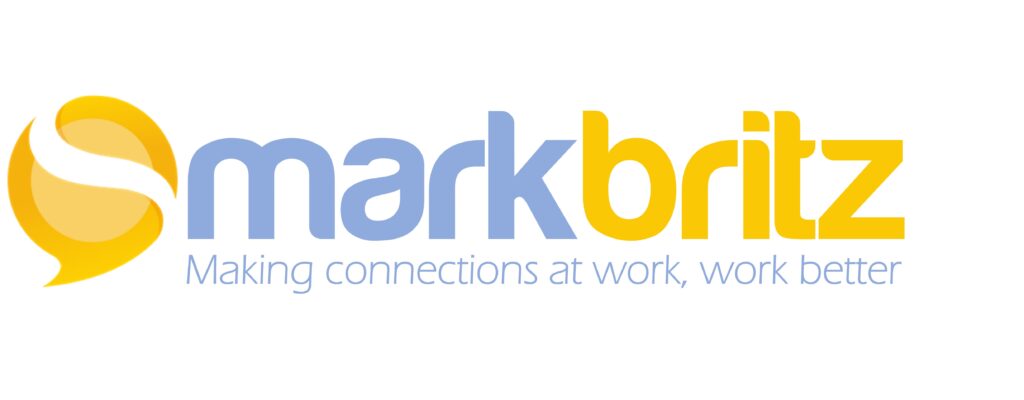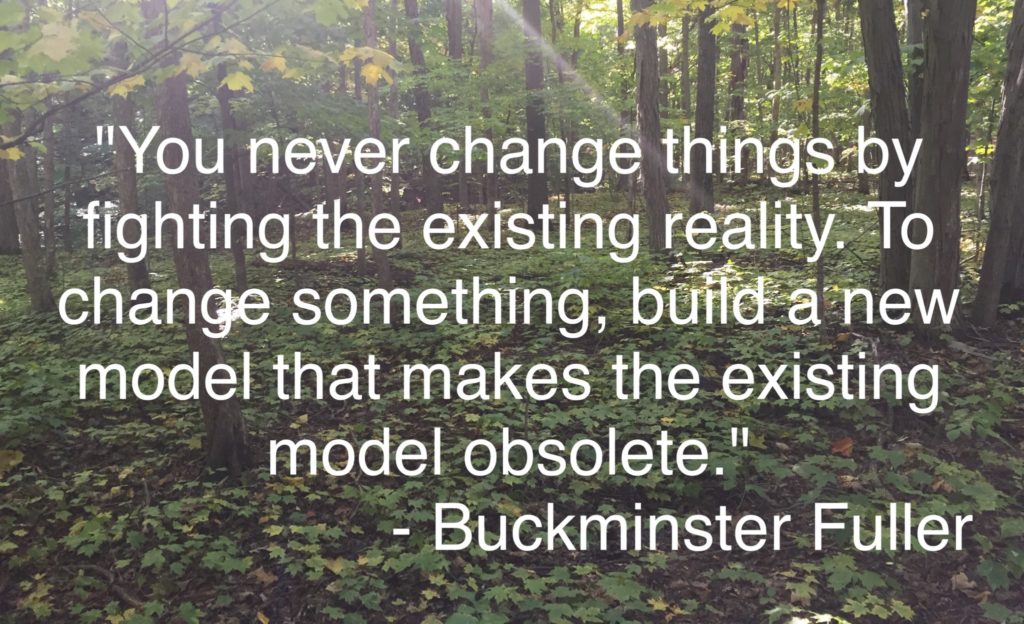The world of work is rapidly changing. New technology, new competition, new strategies demand workers stay current, adaptable and responsive to this change. Organized learning, historically the course factory, has a solution and frankly it’s just more of the same in smaller packages. L&Ds latest answer to this growing complexity is faster, smaller training. This has really been building for some time as the data drawn was pointing to workers being opposed to lengthy courses with bells and whistles; multiple paths, and animated characters.
Was what workers wanted, what was needed? The scenario sure reminds one of Henry Ford’s quote “If I had asked people what they wanted, they would have said faster horses.”
So, courses are being broken up, pieces floated into the workflow at best or still something to login to the LMS to access at worst. A new name appeared called “micro-learning”. Say What? Sometimes these are mini-courses, video vignettes, or quick quizzes, 30 seconds, 2 minutes, 30 minutes… alas the definition is in the eye of the vendor and it reeks of desperation. Many a vendor have pitched it as a way to address the shorter attention span myth or millennial expectation nonsense, all claims that the way we learn has changed. Nonsense. How we get information has certainly changed but the wiring of our brains?? Marketing drivel.
Sadly L&D continues to rest on its laurels, its golden era behind it and yet only capable of doing what they know best with the tools they know best vs. what is needed most. The industry has taken a page right out of big pharma’s playbook; convince people there’s a widespread illness and provide the cure.
So what is needed most? The most effective learning tool is and has always been conversation – humans are built for it. And although it’s not the only way to improve performance, it is the place where the solutions should start. Nothing is smaller and faster than conversation, sharing, and collaboration. And if organizations reframed to enable more free flow of information, then L&D should shift to enabling this and pause all the creation. The job is and has always been about outcomes not outputs… no matter how small.


